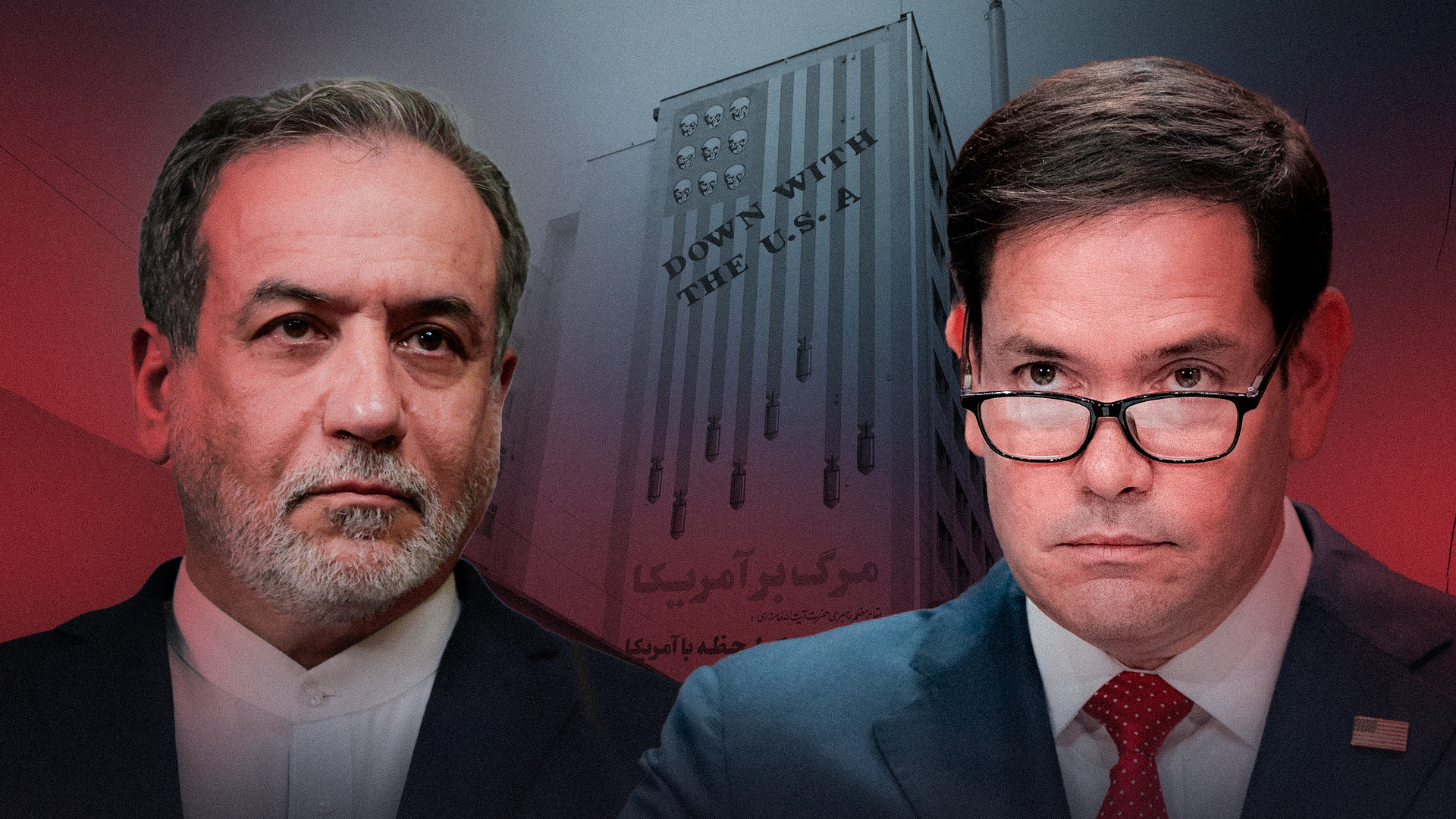Tehran Fires Back: Iran Rejects U.S. ‘Maximalism,’ Reaffirms Right to Enrich Under NPT
Iran’s FM Abbas Araghchi broke his characteristic silence on ongoing U.S.-Iran negotiations to respond to what he called "falsehoods" and "maximalist positioning". “Repeating falsehoods will not change basic facts,” Araghchi said.

By Kamaran Aziz
ERBIL (Kurdistan24) – A new diplomatic standoff appears to be taking shape as Iran pushes back forcefully against the United States’ newly articulated red lines on nuclear negotiations, asserting its sovereign rights under international law and accusing Washington of undermining the prospects of a peaceful agreement.
Posting on X on Saturday, Iran’s Foreign Minister Abbas Araghchi broke his characteristic silence on ongoing U.S.-Iran negotiations to respond to what he called "falsehoods" and "maximalist positioning." “Repeating falsehoods will not change basic facts,” Araghchi said, adding, “As a founding signatory to the NPT [Treaty on the Non-Proliferation of Nuclear Weapons], Iran has every right to possess the full nuclear fuel cycle.”
I generally refrain from airing arguments on key negotiation elements through the media.
— Seyed Abbas Araghchi (@araghchi) May 2, 2025
What I will say is that repeating falsehoods will not change basic facts. As a founding signatory to the NPT, Iran has every right to possess the full nuclear fuel cycle. Moreover, there…
His remarks came just days after U.S. Secretary of State and interim National Security Advisor Marco Rubio laid out a sweeping list of demands in an interview on Fox News’ “Hannity.” Rubio unequivocally stated that the United States would not tolerate a nuclear-armed Iran and that the only viable agreement must begin with Tehran's complete abandonment of uranium enrichment.
“Iran simply needs to say, we’ve agreed to no longer enrich,” Rubio said, suggesting Iran could follow the example of other countries that operate nuclear reactors by importing enriched uranium. “That’s how dozens of countries do it, and Iran can too—if it truly doesn’t want a weapon.”
Rubio emphasized that uranium enrichment was a red line, arguing that “the only countries in the world that enrich uranium are the ones that have nuclear weapons,” and asserted that continued enrichment by Iran signals a path toward weaponization. He further stated that any new deal must include unrestricted inspections, including at military sites, and dismantling of long-range missile programs and support for armed proxies across the region.
“These are not unreasonable requests,” Rubio said. “There are countries all over the world that have nuclear energy but don’t enrich, don’t build long-range missiles, and don’t sponsor terrorism. That path is there for them—it’s the path of peace.” He stressed that President Trump seeks diplomacy, not war, but is prepared to act to prevent a nuclear-armed Iran. “They can actually have real economic development, they can have real investment in their country,” Rubio added, “but they have to walk away from enrichment.”
Araghchi dismissed these framing tactics as counterproductive. “Maximalist positioning and incendiary rhetoric achieve nothing except eroding the chances of success. A credible and durable agreement is within reach. All it takes is firm political will and a fair attitude,” he said. He emphasized that other NPT members enrich uranium without developing weapons—naming Asian, European, and South American countries that fall into this category.
The divide between Washington and Tehran appears increasingly irreconcilable. While the U.S. under the Trump administration has drawn a hard line on uranium enrichment and military transparency, Iran continues to view these demands as infringements on its sovereignty and as evidence of political coercion masked as diplomacy.
In contrast, Araghchi’s tone remained measured yet firm. He called on the U.S. to return to diplomacy grounded in mutual respect and international norms.
Tensions over Iran’s nuclear ambitions have escalated rapidly since the Trump administration returned to power and reasserted its rejection of the 2015 Joint Comprehensive Plan of Action (JCPOA). That landmark agreement had imposed strict limits on Iran’s nuclear activity in exchange for sanctions relief but was torpedoed by Trump in 2018. The current administration is now seeking what it calls a more robust and permanent alternative.
The diplomatic impasse now hinges on one fundamental divergence: the United States demands that Iran abandon enrichment altogether, while Iran insists it will not forfeit what it considers an inalienable right under the Nuclear Non-Proliferation Treaty.
